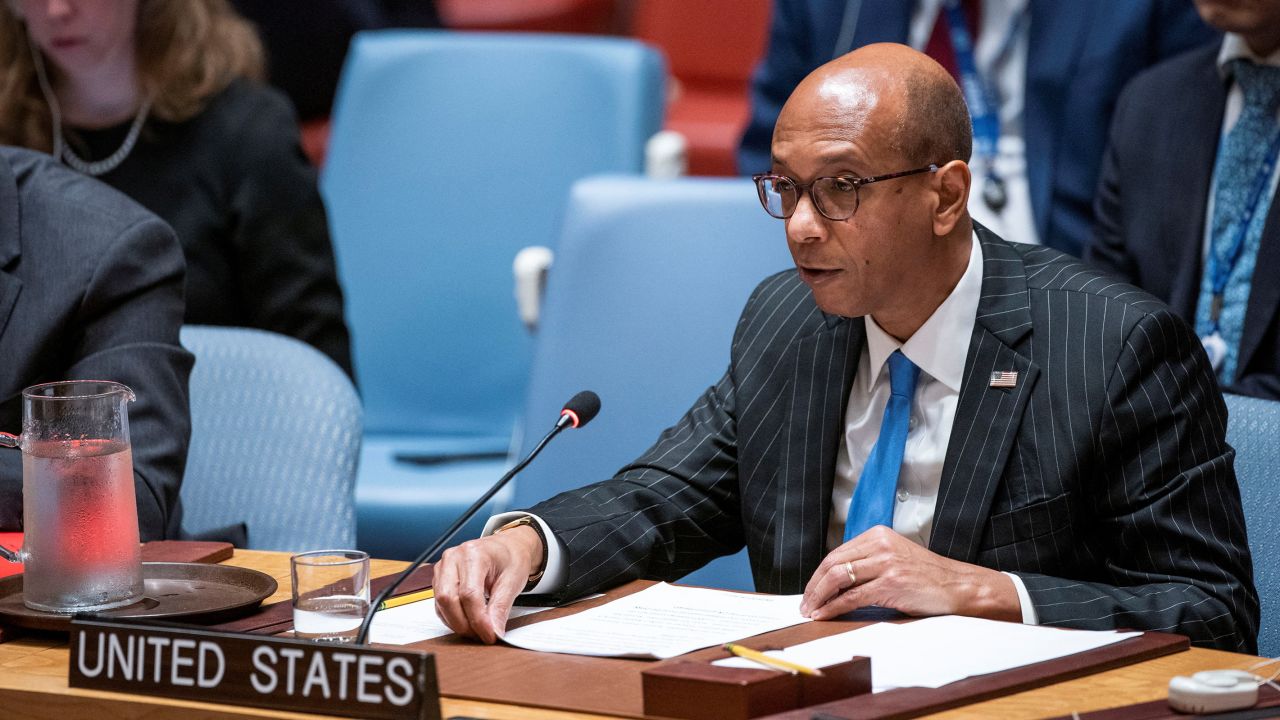The US has raised significant concerns about Russia's recent launch of what is believed to be a counterspace weapon targeting a US government satellite. US Deputy Ambassador to the UN Robert Wood made this alarming disclosure during a security council meeting at the United Nations headquarters. This development highlights escalating tensions and underscores the growing fears about potential space-based conflict.
Robert Wood stated that Russia's launch on May 16 placed a satellite into low-Earth orbit, suspected to be capable of disabling or destroying other satellites. This isn't the first instance of such activities by Russia, with previous counterspace system launches noted in 2019 and 2022. Wood articulated that this action contradicts Russia's public stance of seeking peace and security in outer space.
The United States and its allies are increasingly wary of Russia's ambitions to develop a space nuclear weapon, which could have catastrophic implications for global satellite networks upon detonation. Such a weapon could create a massive energy wave, potentially incapacitating commercial and governmental satellites that are integral to everyday functions like communication, financial transactions, and internet access.
Despite efforts by the US and its allies to deter Russia, including a resolution co-introduced by the US and Japan in April to ban space-based nuclear weapons, Russia vetoed this proposal. This veto, according to National Security Advisor Jake Sullivan, signaled Russia's continued pursuit of such capabilities.
Counterpart, Russian Ambassador to the UN, Vasily Nebenzya, dismissed these allegations and stated that Russia's recently submitted resolution calls for a total ban on all space-based weapons. However, the US vetoed this proposal, arguing that it failed to reaffirm the obligations of the Outer Space Treaty and aimed to divert attention from Russia's nuclear satellite development.
Chief Cabinet Secretary Hirokazu Matsuno of Japan also voiced opposition to Russia's resolution, citing a lack of consensus among member countries and affirming Japan's stance for a nuke-free outer space. The exchange reflects a critical geopolitical rift over dominating the final frontier with potentially devastating weaponry.
- The defense official noted that while Russia issued NOTAMs for the launch and re-entry of the rocket, these notices are standard protocols to ensure aviation and maritime safety. However, their issuance indicates a heightened activity level and preparations by Russia.
- The potential deployment of a space-based nuclear weapon by Russia would mark a serious escalation in nuclear arms race dynamics, with the Biden administration emphasizing the profound implications of such a move. The arms control community remains divided on the effectiveness of current treaties in preventing such escalations.
- Both the United States and Russia appear committed to their respective stances, setting the stage for a prolonged diplomatic and possibly technological standoff. As the geopolitical landscape shifts, the international community remains vigilant and divided over the governance of outer space and the militarization of this new domain.






